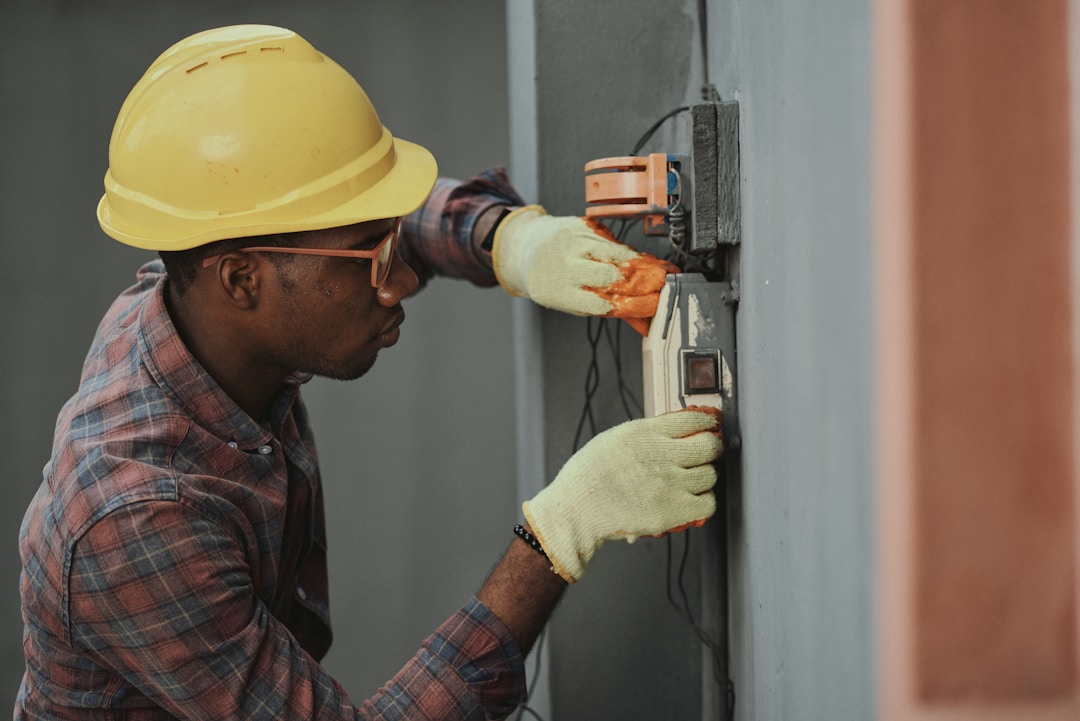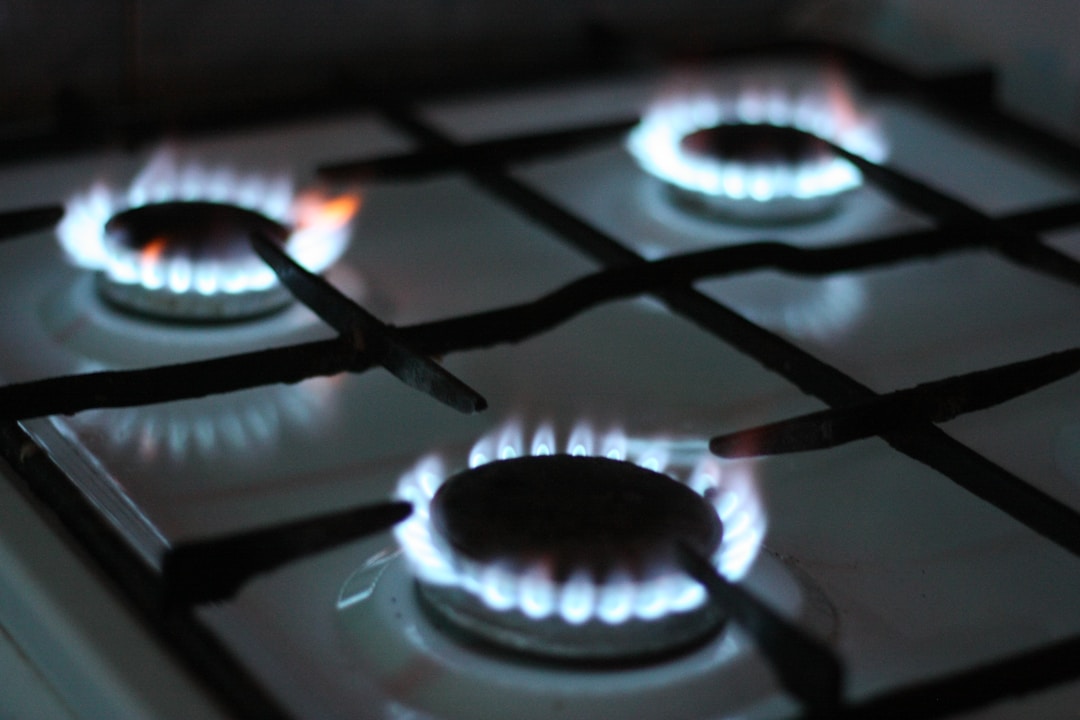Your home is a sanctuary—a place where you should feel safe, secure, and comfortable. But even in this safe haven, emergencies can arise. Knowing how to handle these situations can be the difference between a minor inconvenience and a major catastrophe. This article delves into some of the most common home emergencies, offering tips on how to deal with them and when it’s necessary to call in the experts.
Plumbing Disasters: From Drips to Floods
A dripping faucet, while annoying, might seem like a minor issue. However, if left unaddressed, it can lead to higher water bills or even water damage over time. When a major leak or pipe burst occurs, the situation becomes dire very quickly. Immediate action is essential to minimize water damage and potential mold growth.
- Shut Off the Water Supply: Familiarize yourself with the location of the main water shut-off valve in your home. In the event of a major leak, turning off this valve can prevent further damage.
- Assess the Damage: For smaller leaks, it might be possible to fix the issue with a wrench or some plumber’s tape. However, for more significant issues or if you’re unsure about the cause of the problem, then it might be time to call a plumbing expert, such as those at Summers PHC in La Porte.
- Clean Up: Standing water can be a hazard and can cause mold growth if left untreated. Make sure to mop up any water and use fans or dehumidifiers to dry the area thoroughly.
Electrical Issues: Staying Safe and Powered Up

Electrical problems range from flickering lights to complete outages. These can be both an inconvenience and a safety hazard.
- Check the Circuit Breaker: If an area of your home loses power, the first step is to check the circuit breaker. A tripped breaker is easy to reset, but if it continues to trip, there might be a more significant issue.
- Stay Away from Exposed Wiring: If you notice any exposed or damaged wiring, it’s essential to keep a safe distance and refrain from touching them. Electrocution is a real risk.
- Consult with a Professional: If the problem persists or if you’re not comfortable handling the situation, it’s always best to consult with a licensed electrician.
Natural Disasters: Preparing and Responding
Whether it’s a storm, flood, or earthquake, natural disasters can be both frightening and damaging. Preparation is crucial to minimize the impact on your home and loved ones.
- Create an Emergency Kit: This should include essential items like food, water, first aid supplies, flashlights, batteries, and important documents.
- Secure Heavy Items: Particularly in areas prone to earthquakes, securing heavy furniture and items can prevent them from falling and causing injury.
- Stay Informed: During a natural disaster, keeping an eye on local news or a battery-powered radio can provide crucial updates.
Fires: Preventing and Containing
A house fire is a homeowner’s nightmare. Quick thinking and preparedness can save lives and property.
- Install Smoke Alarms: Ensure that smoke alarms are installed on every floor of your home and test them regularly. They can provide early warning, giving you more time to react.
- Have an Evacuation Plan: All family members should be familiar with the quickest and safest routes out of the house. Practice this plan periodically.
- Use Fire Extinguishers Wisely: Know the location of your fire extinguishers and how to use them. However, if a fire becomes too large or uncontrollable, prioritize evacuating over trying to extinguish it.
Break-ins: Protecting Your Home and Loved Ones
While we hope it never happens, break-ins can and do occur. Being prepared can deter potential thieves and help you react if a situation arises.
- Secure Entry Points: Ensure that all doors and windows have sturdy locks. Consider investing in security systems or cameras for added protection.
- Stay Calm and Safe: If you suspect someone is in your home, your safety and the safety of your loved ones are paramount. Find a safe place to hide, remain quiet, and call the police.
- Post-Incident: After ensuring your safety, report the break-in to the authorities, and make a list of any stolen items for insurance purposes.
Pest Infestations: Protecting Your Home from Unwanted Guests
Pests like rodents, termites, and ants can wreak havoc on a home. Not only do they cause damage to the structure and belongings, but pests can also pose health risks.
- Identify the Culprits: Knowing what you’re dealing with is crucial. Different pests require different approaches. For example, the treatment for termites won’t be effective against rodents.
- Block Entry Points: Seal cracks, gaps, and holes in walls, floors, and around windows and doors. This can prevent many pests from entering in the first place.
- Keep Your Home Clean: A clean home is less attractive to pests. Regularly vacuuming, disposing of garbage, and cleaning up food spills can deter many insects and rodents.
- Seek Professional Help: If an infestation becomes severe, it’s often best to call in pest control professionals. They have the expertise and equipment to handle the issue efficiently.
Gas Leaks: Detecting and Reacting

Gas leaks can be incredibly dangerous, leading to fires or explosions if not addressed. Natural gas is odorless, but a distinct rotten egg smell is added for detection.
- Be Alert to the Signs: Aside from the smell, listen for a hissing or whistling sound near your gas lines. A white cloud or bubbles in standing water can also indicate a leak.
- Evacuate Immediately: If you suspect a gas leak, do not turn on/off any electrical appliances or lights, as this could ignite the gas. Leave the premises immediately and call your gas company or emergency services from a safe distance.
- Regular Maintenance: Have gas appliances serviced regularly by professionals. This preventive measure can reduce the risk of leaks.
Mold Growth: Identifying and Eradicating
Mold in homes can thrive in damp, warm environments and can cause health issues, especially for those with allergies or respiratory problems.
- Spot the Signs: Mold can appear as black, white, green, or even red spotting on surfaces. A musty smell is also indicative of mold growth.
- Reduce Moisture: Use dehumidifiers and fans in damp areas of your home. Fix leaks promptly and ensure your home has adequate ventilation.
- Clean Small Areas: For small mold patches, cleaning with a solution of water and detergent may suffice. Always wear gloves and a mask.
- Call the Experts for Large Infestations: If mold covers a large area or if it’s in your home’s HVAC systems, it’s time to call in mold remediation experts.
Falling Trees or Large Branches
Whether it’s due to storms, disease, or age, trees or their large branches can fall, causing damage to homes.
- Regular Inspection: Periodically inspect trees on your property for signs of disease, decay, or damage.
- Trimming and Pruning: Regularly trim branches that hang over your home or near power lines. This reduces the risk of them falling during storms.
- Hire Arborists for Risky Jobs: If a tree looks like it might fall or if it’s in a precarious position, it’s best to hire professionals to handle the job safely.
Concluding Thoughts: Staying Safe and Prepared
Emergencies are, by nature, unpredictable. However, by equipping ourselves with the knowledge and tools to address these situations, we can mitigate risks and ensure the safety of our homes and loved ones. Remember, while it’s essential to address situations promptly, never hesitate to call in professionals when needed. Your home’s integrity and, more importantly, your family’s safety, are always worth the investment.





